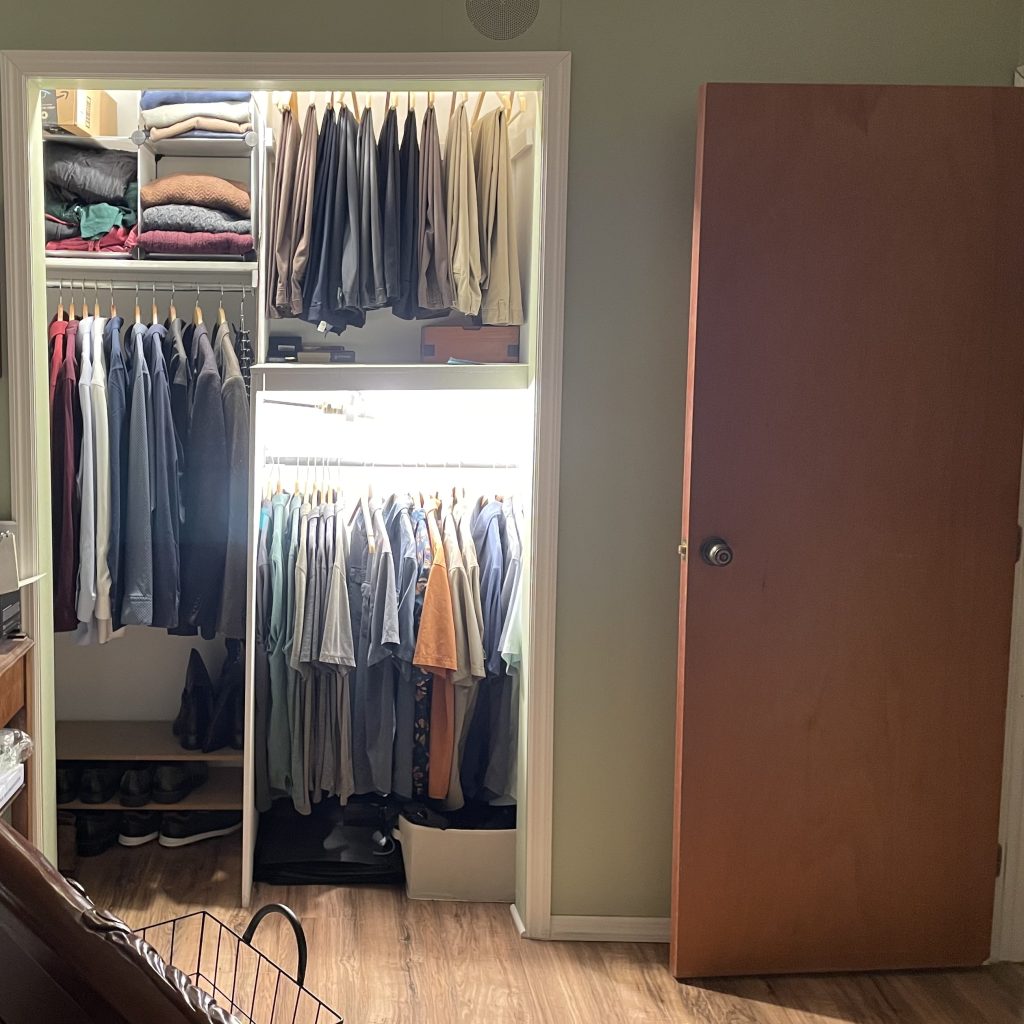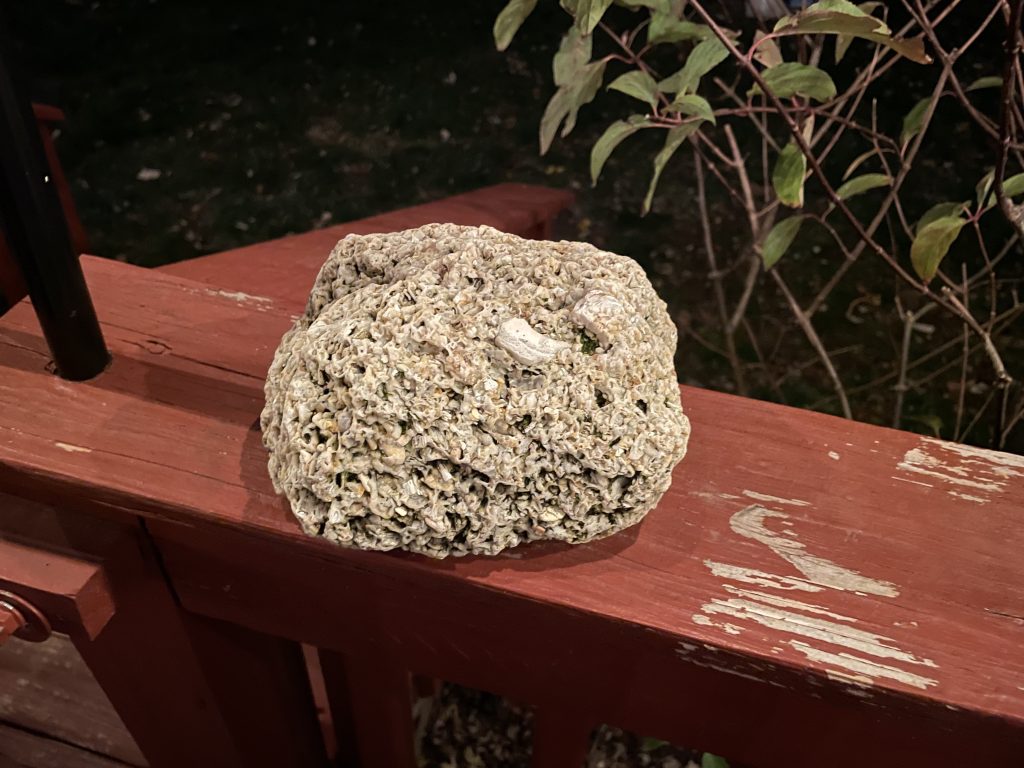I don’t think anyone’s conditioned from a young age to enjoy clothes shopping. For many, if the cruelty of the hand-me-down experience can be avoided, the alternative is to accompany mother to a store no one wants to be in and waste an entire weekend day arguing over style preferences and cost. The end result is inevitably a wardrobe that’s strictly utilitarian, and doesn’t encourage much in the way of self-confidence.
As an adult, this retail experience is just as bad. My generation may have been raised with digital technology, but it wasn’t always there. The current younger generations weren’t merely raised with it, but fully assimilated by it. Consequently, I notice that they tend to navigate the physical world in a state of non-associated delirium, often blocking entire isles for no apparent reason, because whatever’s being fed into their wireless earbuds has overwhelmed their cognitive processing power, leading to a bodily shutdown. The best case scenario is that they’re a customer, which merely presents a physical obstacle. At worst, that’s the store employee whose attention you need to flag down to complete a transaction. But at least with this group, their response to any forced verbal interaction is general indifference.
A worse group to have to deal with in public is boomers. As customers, they exhibit similar behavior as physical roadblocks, but it’s because their brains have just atrophied naturally. They didn’t need the technology to shut them down, though that doesn’t stop them from trying. If said boomer is also trying to multitask with technology at this moment, well, you’re never getting down that isle. And if the boomer is the store employee, prepare for spontaneous anger and condescension.
A millennial – my generation – tends to want to be as small and invisible as possible when in public space. Just let me shop without attitude. And if the millennial in question is the store employee, well that scenario is increasingly unlikely, because we’ve done everything in our power to avoid that type of work, up to an including suicide. Because when we had to do it, all the customers were boomers, and that relationship collectively broke our souls.
As a millennial, here’s a typical in-person shopping experience:
- Employee is a boomer = transaction is outright hostile, always.
- Employee is a millennial = unlikely scenario.
- Employee is a zoomer = transaction is dismissive or hard to complete at all.
But there’s more to this than generational differences. People, being inherently shallow, immediately judge if someone’s worth their time to interact with. An employee, being forced to interact with customers, modifies their approach to hasten or prolong the transaction based on this superficiality. Specifically, it’s saturated with gender bias, which can’t be escaped when shopping with one’s spouse. If the couple in question is not conventionally attractive (which, to be honest – we’re middle aged now and not terribly athletic, so take that for what it’s worth), here’s the experience:
- Employee is male = (looks at the wife of the couple, assumes the man has no taste in nice clothing), transaction is dismissive, or, in my own personal experience, avoided by the employee at all costs.
- Employee is female = (looks at the wife and husband as a unit, assumes the man has little money), transaction is completed with a heavy dose of suspicion.
Mix these categories into all their possible combinations, and it adds the anxiety of not knowing exactly how the employee will make the experience unpleasant, but it definitively will be.
Fortunately, technology – the force destroying both older and younger generations – has once again come to the rescue for a millennial. Mail-order clothing based on user surveys, combined with style recommendations derived from user preference, has delivered unto me designer brands that I would never have considered purchasing before. And now, I have a very nicely-stocked wardrobe, obtained without horrible customer service!

While I have utmost empathy for the service industry worker, there’s something specifically unique about the clothing industry. It’s even worse than the automotive dealership, which in itself is not known for impartiality. Every time a clothing outlet closes nearby, I remember a bad experience and laugh. This is a retail nightmare that can go away, and I’m perfectly fine with being blamed, as a millennial, for one more thing that we’re killing.
–Simon







